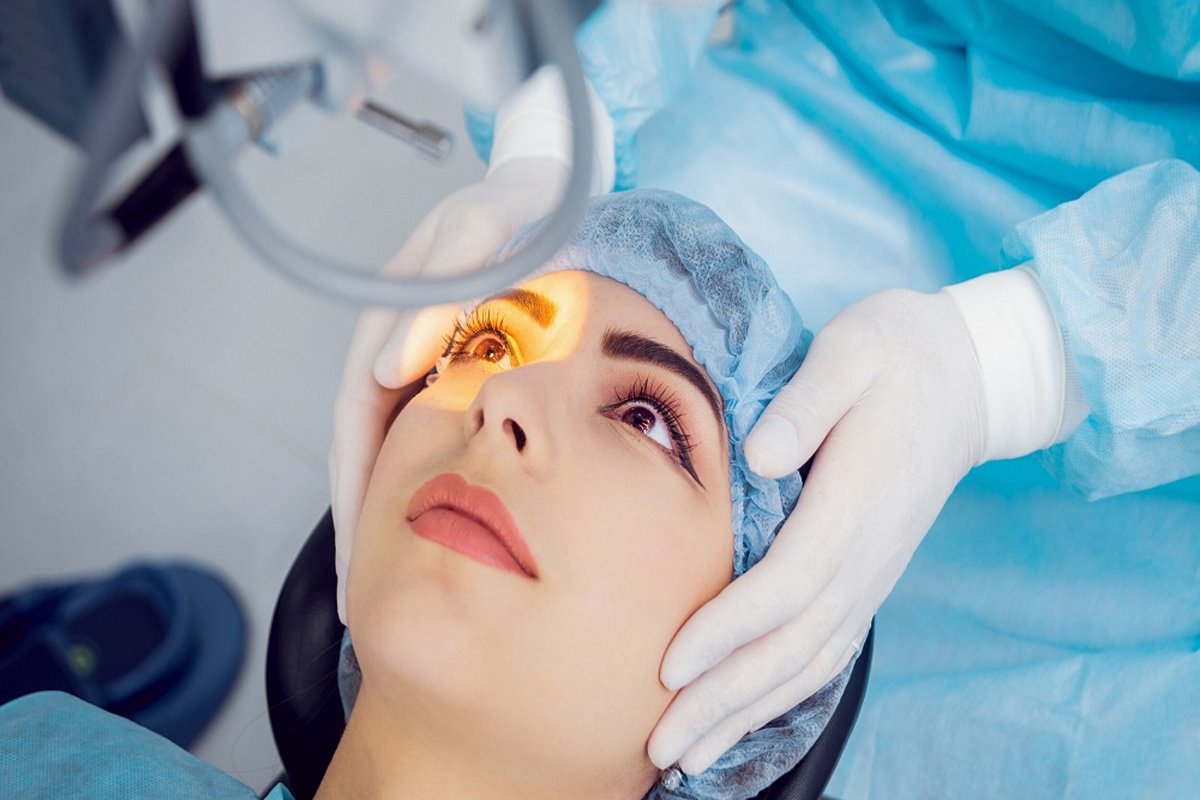
What is Refractive Surgery for Glasses?
Refractive surgery stands as a transformative solution for individuals seeking to correct common vision impairments like myopia, hyperopia, and astigmatism. This specialized surgical approach aims to reshape the cornea, the eye's transparent front layer, with the ultimate goal of reducing or eliminating dependence on glasses or contact lenses.
LASIK: Laser Precision for Vision Enhancement
One of the most widely recognized refractive surgeries is LASIK (Laser-Assisted In Situ Keratomileusis). Employing laser technology, LASIK precisely modifies corneal tissue to optimize light refraction, resulting in improved focus on the retina. Known for its minimal discomfort and rapid recovery, LASIK has become a popular choice for those seeking efficient vision correction.
Photorefractive Keratectomy for Alternative Solutions
Photorefractive Keratectomy (PRK) represents another common refractive surgery, wherein corneal reshaping is achieved through laser application, similar to LASIK. However, PRK does not involve the creation of a corneal flap, making it a suitable alternative for individuals with thinner corneas or those not ideal candidates for LASIK.

Exploring Diverse Refractive Techniques
Other refractive surgeries like LASEK (Laser Epithelial Keratomileusis) and SMILE (Small Incision Lenticule Extraction) offer additional options. LASEK involves a thinner corneal flap, while SMILE is a minimally invasive procedure that removes a small corneal tissue piece for reshaping.
Navigating the Decision: Consultation and Advancements
Before embarking on any refractive surgery journey, individuals undergo comprehensive eye examinations to determine eligibility. Advancements in technology have continuously refined these procedures, enhancing precision and safety.
While refractive surgery has proven transformative for many, informed decisions regarding potential risks and benefits are crucial. Consulting with experienced eye surgeons ensures personalized recommendations for effective and safe vision correction.
Refractive surgeries for glasses removal..lasik/contura/femtolasik/femtocontura/smilepro.
Refractive surgeries offer a revolutionary solution for individuals seeking freedom from glasses or contact lenses. Several advanced procedures have gained popularity for their effectiveness in correcting common vision problems. Here's a brief description of some notable options:
LASIK (Laser-Assisted In Situ Keratomileusis): LASIK is a widely practiced and trusted procedure that uses a laser to reshape the cornea, allowing light to be properly focused onto the retina. It is effective in treating nearsightedness (myopia), farsightedness (hyperopia), and astigmatism. LASIK typically involves creating a thin flap on the cornea, which is lifted before the laser correction and then repositioned for a quick recovery.
Contoura Vision: Contoura Vision is an advanced form of LASIK that incorporates topography-guided technology. By mapping the unique contours of the cornea, this procedure aims to provide a more personalized treatment, enhancing visual outcomes and reducing the potential for glare or halos.
FemtoLASIK (Femtosecond LASIK): FemtoLASIK utilizes femtosecond laser technology to create the corneal flap instead of a traditional blade. This enhances precision and reduces the risk of complications associated with flap creation. The subsequent laser correction is similar to traditional LASIK, providing an effective means of vision correction.
FemtoContoura Combining the benefits of femtosecond laser technology and topography-guided treatment, FemtoContoura offers a high-precision solution for vision correction. This procedure aims to address individual corneal irregularities, optimizing visual outcomes and potentially reducing the reliance on glasses.
SMILE PRO (Small Incision Lenticule Extraction): SMILE PRO is a minimally invasive procedure that involves creating a small, precise incision to extract a lenticule from within the cornea, reshaping it and improving vision. As there is no flap creation in SMILE PRO, it may be associated with faster recovery and potentially reduced dry eye symptoms compared to other procedures.
Choosing the right refractive surgery depends on individual factors such as corneal thickness, prescription, and lifestyle preferences. It is crucial to consult with an experienced eye surgeon who can assess your specific needs and guide you towards the most suitable option for achieving clear, glasses-free vision.
